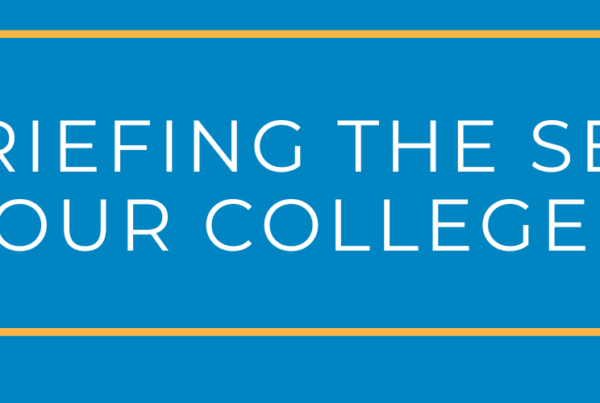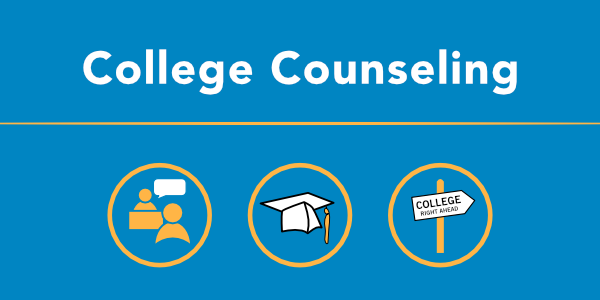
Students often ask about the “right” extracurricular activities for college – or want to know how many they need to have on their resumes. The answer: there are no “right” activities! If you are doing what matters to you, what you love, or what’s required of you (that can mean a job or significant family responsibilities), that’s what’s important.
In addition, the best practice is to aim for quality over quantity. Colleges want to see that you’ve achieved a significant depth of involvement and/or leadership in a few activities, not that you were minimally involved in a high number of them. It’s about showing a true commitment to whatever you are doing: Starting a club as a freshman and growing it every year, doing work that may receive little recognition but has a big effect on others’ lives, and taking on leadership roles are all excellent ways to demonstrate that.
Here are a few unique and high-impact ECs that have helped students we know of stand out. Read on for inspiration!
- One student started a podcast with his father that features candid conversations between a Gen Xer and Gen Zer on “today’s most charged topics.” It received significant positive attention, and with good but not perfect grades, the student received acceptances and attractive packages from multiple highly selective colleges.
- After starting a chapter of MEDLIFE – a national organization that partners with low-income communities in Latin America, Africa, and India to improve their access to medicine, education, and community development initiatives – at her high school, one student facilitated the creation of five additional chapters at other schools in her state and was named a National Outreach Representative.
- To enter a global science, business, and technology competition, a student organized a team, then designed an app, website, and VR test to improve the detection and treatment of mental illness. Her team was among the less than 30% of the 700 competitors recognized as international semifinalists.
- As a volunteer effort with high impact on his community, one student developed a project to benefit a local food pantry. For three summers, he baked cookies and each week attended the local farmers market, giving away the cookies to people who purchased and donated fresh produce to the food pantry. Around market closing time, he visited each vendor and collected any donations they were willing to make, then took it all to the food pantry and unloaded it for them. He funneled a total of 7,000 pounds of donated produce to the pantry.
- Building her extracurricular profile around her interest in social policy and advocacy, one student interned for her state local legislator over the summer, was selected for her county’s youth commission program and served on her school district’s Student Senate (an advocacy group directly under the School Board). In these roles, she successfully campaigned for additional staff members for local high schools and organized a candidate forum and get-out-the-vote campaign for the mayoral election, among other accomplishments.
- In the world of science, having a published paper or winning a science fair can be a huge asset on an application. A student, after taking AP Biology sophomore year, decided to find a lab to do basic science research. After two years of working closely with a professor and graduate students, the student was a secondary author on a published paper – and also won a state-level science fair competition.
- Two students teamed up to start a summer camp for elementary school students featuring their favorite activities: coding and FPS (Future Problem Solving). Everything they learned while designing and implementing these camps was not only educational, but gave them plenty of good college essay topics!
- Similarly, a team of two students who loved theater and were in all the high-school productions decided to create a series of summer rec department programs for younger kids to teach acting and musical theater. The next summer, they added a two-week program to stage a mini concert of a Disney musical that they directed.
- Students who are hand-picked for certain activities by their teachers and follow through can often highlight interesting activities that demonstrate strong character attributes. For example, one student was invited by her teachers to be part of a peer counseling group for mental health awareness and suicide prevention. Her participation showed that she cared about her peers and was willing to tackle challenging but important issues.
- Jobs that require a lot of responsibility, like managing a store, substantial customer service, and caring for or teaching kids, can stand out on college applications. Success in such work can demonstrate maturity, reliability and other top qualities colleges are looking for.
These are just a few examples of activities that showcase students’ passions, persistence, creativity, service and dependability. Young people have great capacity, so think about how you might leverage your best qualities and get involved!



